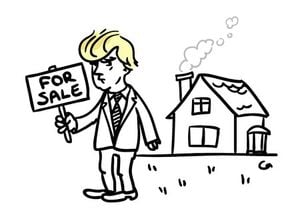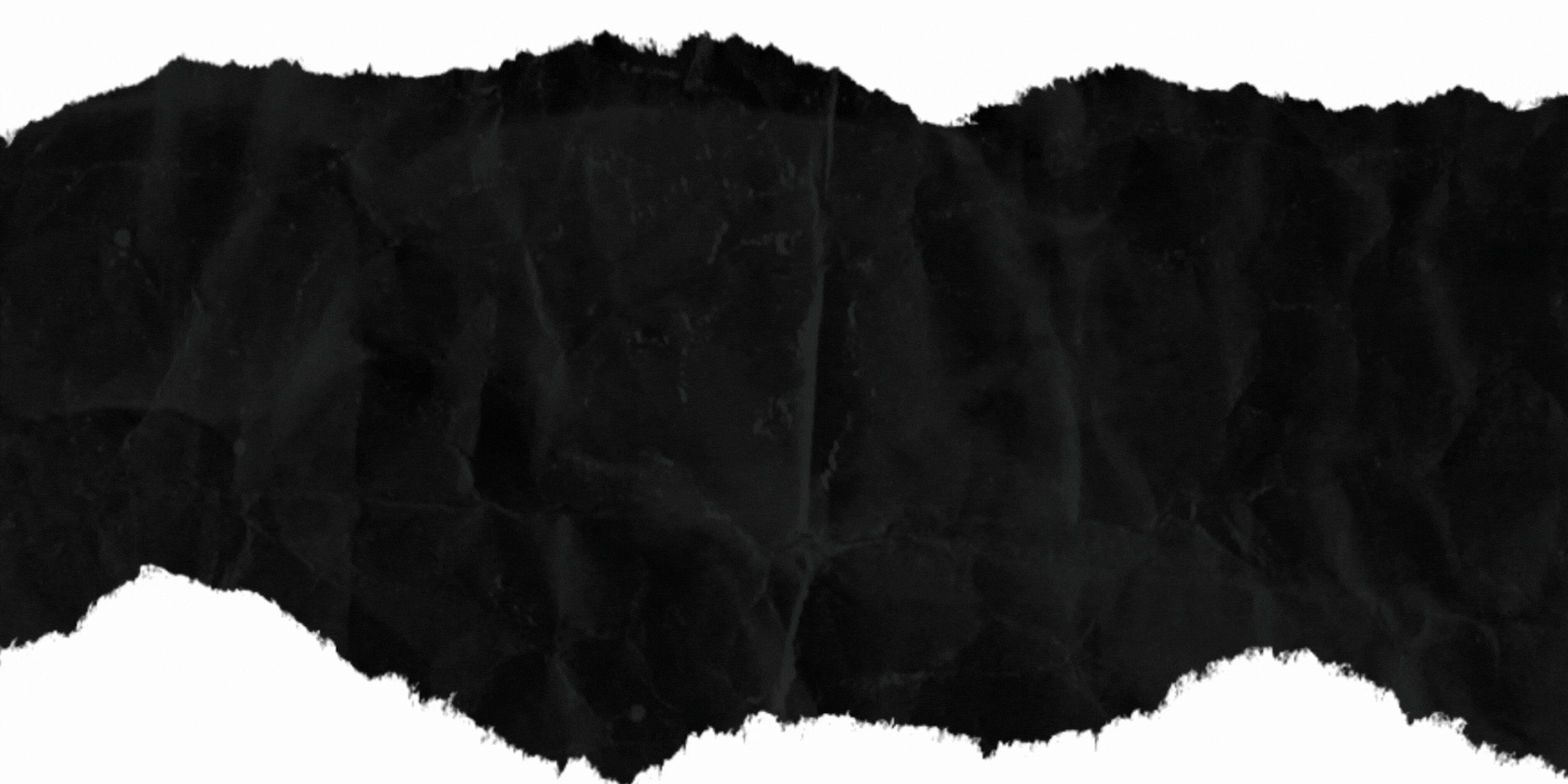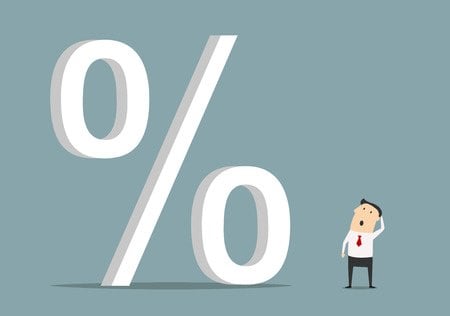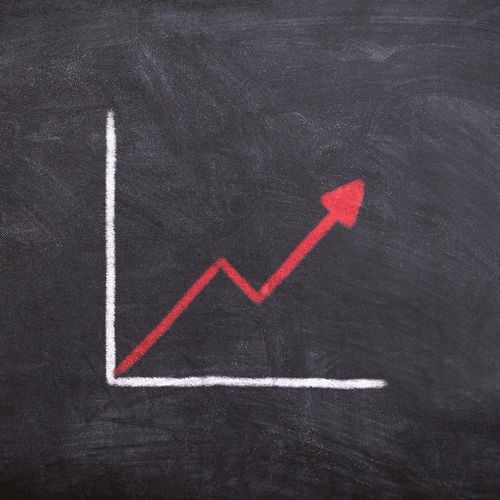
Donald Trump and Your Home’s Value
Given the media coverage and all the polling predicting a narrow but solid victory for Hillary Clinton, many in California were surprised – some horrified, appalled, and outraged – when Donald Trump won enough states to claim an Electoral College victory and has been named President-Elect of the United States. However you may feel about The Donald and what it says about and means for America, the question that concerns me at the moment is what Donald Trump’s victory means for your home’s value?
It’s an important question, of course, because so much of our net worth is tied up in our home values. If a Trump presidency turns out to mean even higher home prices, that’s good news for folks who already own homes, or who buy them, quick. On the other hand, might Trump’s administration result in a global trade war, total economic collapse, plummeting home prices and waves of foreclosures – again?
The thing about the real estate market is that it is comparatively slow to react to changes in the economic landscape. The results of changes to fiscal or monetary policy can take months – or often times years – to work their way through the real estate market.

Bond Prices are Tanking
Other markets, though, are much quicker to react. You may have heard that bond prices took a dive immediately after Trump’s victory. This is because the bond market believes that a Trump administration means sharply increased government borrowing and a rise in inflation.
When bond prices take a dive, the inverse of that is bond yields actually increase – that is, the return on your bond investment is greater when bond prices drop. That has the effect of increasing the cost of other forms of borrowing.
But that’s neither here nor there. What’s here and there is that home and auto loan rates, for example, will also increase. I don’t know about auto loan rates, but home loan rates have already jumped up – and jumped significantly. The 30 year fixed mortgage average rate is up by about 0.5% in just a few days.
That sharp increase in borrowing costs will have an effect on home prices – but again, it’s not something we’re going to see right away. Around here, there’s a sense that every buyer is a Silicon Valley millionaire with tons of cash to put down and a really high income. The reality is quite different. Most people have to really scrape together the money to buy a $750,000 home – and the lower the home price, the more scraping, generally speaking.
Before Trump won, the average 30 year fixed mortgage rate was around 3.4%. Today, it’s around 3.9%. A $500K loan for 30 years at 3.4% costs $2,217 per month – but at 3.9% that loan costs $2,358 per month. That’s not a big difference in monthly cost, you say – except that a lot of buyers are at their debt-to-income ratios when they qualified at 3.4%, and they literally cannot spend any more than that $2,217 per month.
This borrower can now only afford a loan of $470,000 at 3.9% – that’s $30K less of a loan than they could afford before mortgage rates jumped. That $30K just got sucked right out of your home’s value.
In the past, I have written about how borrowing costs can increase while home prices increase – it’s happened many times. That is because typically, borrowing costs rise when the demand for money rises. This usually happens when the economy is strong, wages are rising, and businesses feel confident to borrow money for plant and equipment, and consumers take out loans to buy cars, RVs, homes, do a home remodel, etc.
The U.S. economy and labor markets have been slowly gaining strength throughout 2016, and the Federal Funds rate, mortgage rates, bond yields and the like have been projected to rise because of it. But now we have a situation where borrowing costs have risen quite ahead of current economic activity – and that could be a problem in the short-to-mid term.

The Economy could get Tricky in a bit
It could also be a problem in the long term, too. If massive government borrowing keeps interest rates and inflation high, and a trade war results in lowered unemployment and higher cost of consumer goods, it will probably show up in lowered home values.
Sound like a Doomsday scenario? Maybe, a bit. You wouldn’t think that could happen, but then, not many folks were thinking Trump was actually going to get elected, either.
As I mentioned though, housing markets are much more slow to react to changes in the economy than other markets are. For the next six months or so, I don’t expect there will be any great change in local housing prices, positive or negative.
Longer term though, if borrowing costs are higher and there is not a corresponding increase in income to pay for it, you can rest assured that inflation-adjusted home prices will be headed downward once again. Given the mid- and long-term uncertainty, this may be the time you’ve been waiting for to put your home on the market, while we know the getting is good.






